As society changes and technologies improve, ubiquitous practices and objects slowly disappear. Every office used to be filled with typewriters, but they’ve been replaced by word-processing software on computers and smartphones. These 19 staples of American life may soon disappear, replaced by new technologies.
Landline Phones
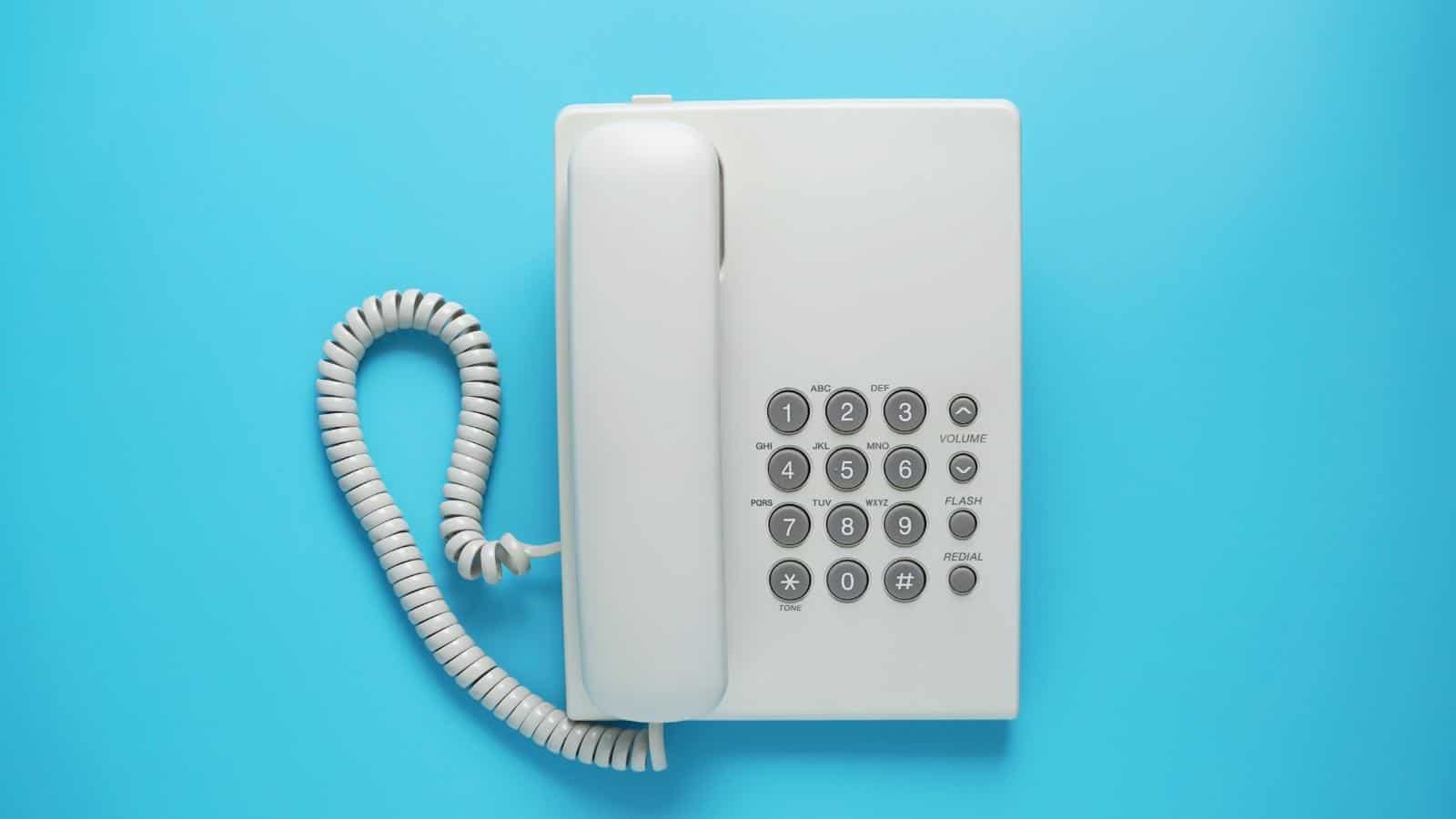
For over a century, having a landline phone was normal in America, allowing Americans to receive and make calls from the comfort of their homes. However, landlines have become increasingly uncommon as smartphones have become ubiquitous, and many workplaces are switching to Internet-based Voice over Internet Protocol (VoIP).
Cash Transactions

Paying for goods and services with cash is becoming less common in America. Younger generations are less likely to carry cash and prefer digital payment methods like Apple Pay and Google Wallet. Businesses and consumers are slowly moving toward a mostly cashless society, with bank branches and ATMs closing.
DVDs

DVDs were immensely popular in the early 2000s, but their sales have steadily declined since the mid-2000s. BBC Culture notes that “US DVD sales declined by 86% between 2006 and 2019” and that “in 2021, physical media accounted for just 8% of the US entertainment market.” However, it also explained that celebrated directors, including Christopher Nolan, James Cameron, and Guillermo del Toro, encouraged owning physical media that isn’t reliant on streaming services.
Bookstores

The number of chain and independent bookstores has dropped since the mid-1990s, as online retailers like Amazon, e-books, and audiobooks have become more popular. There are still over 10,000 bookstores nationwide, but even large chains like Borders have had to close their stores.
Manual Transmission Cars
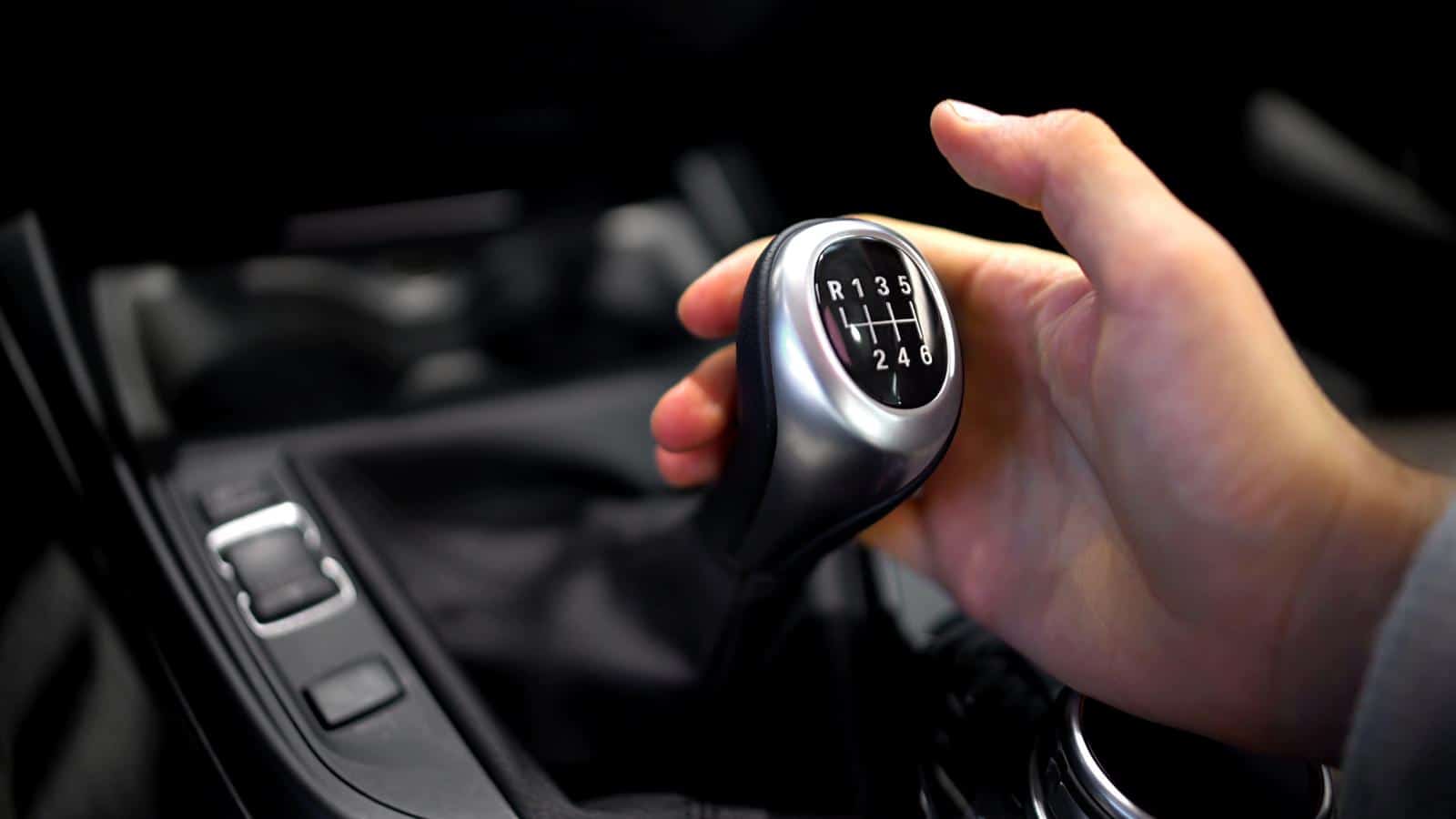
Manual transmission vehicles are rare in America today, accounting for less than 5% of car sales last year. Manual cars are still widespread in Europe, and most Europeans learn how to drive them, but Americans are increasingly unlikely to do so.
Handwritten Letters

For centuries, letters were the only way for Americans to stay in touch with their family and friends living in other towns and cities. They remained popular for decades after landlines became ubiquitous, but digital communication via email, social media, and text has diminished their prevalence.
Cable TV

In the 2010s, streaming platforms like Amazon Prime, Disney+, and Netflix began to provide Americans with a cheaper, more modern alternative to cable. Today, more Americans prefer streaming services, which they can watch on the go on their smartphones and laptops. Forbes explains that many cable networks saw their audiences decline last year, but “Newsmax grew by 22% to 225,000, and Nexstar’s NewsNation was up by 72% to 109,000.”
Yellow Pages

The Yellow Pages allowed Americans to search for local businesses quickly. They became less popular after the Internet created online business directories, and concerns were raised over their environmental impact. Today, they’ve moved online, but most Americans use a Google search instead.
Blockbuster Movies (in theaters)
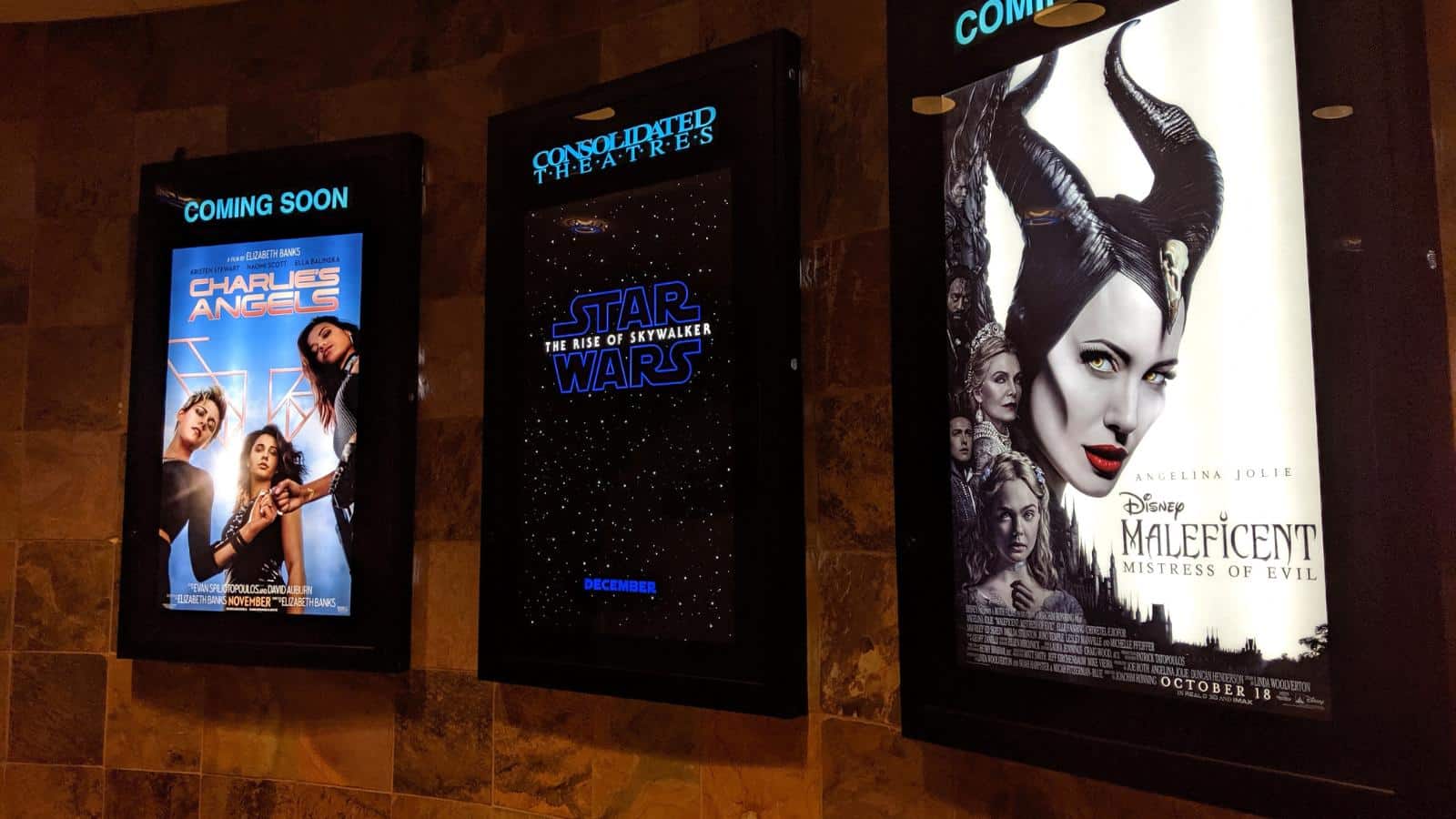
Thousands of screens have closed across theaters nationwide over the past decade. The pandemic saw subscriptions to streaming services rapidly increase, and many Americans now prefer to wait for the latest movies to come out on Netflix rather than going to the cinema to watch them.
Modem Internet Boxes
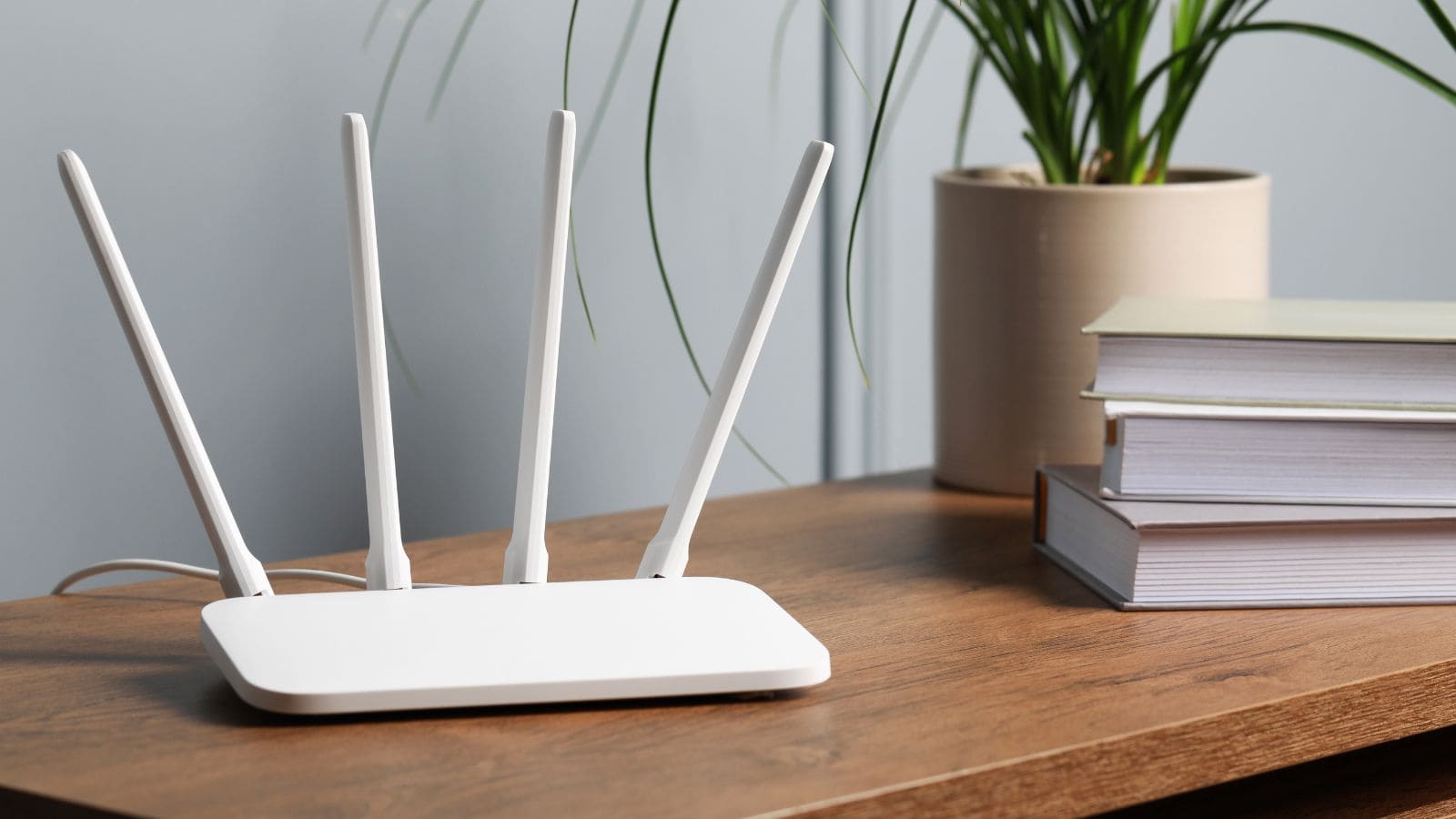
Connecting to the Internet via a modem has been a feature of American life for over two decades, but the physical boxes may become a thing of the past. The increased use of mobile phones and the development of 5G technology may make modem boxes unnecessary for many Americans.
Drive-In Theaters
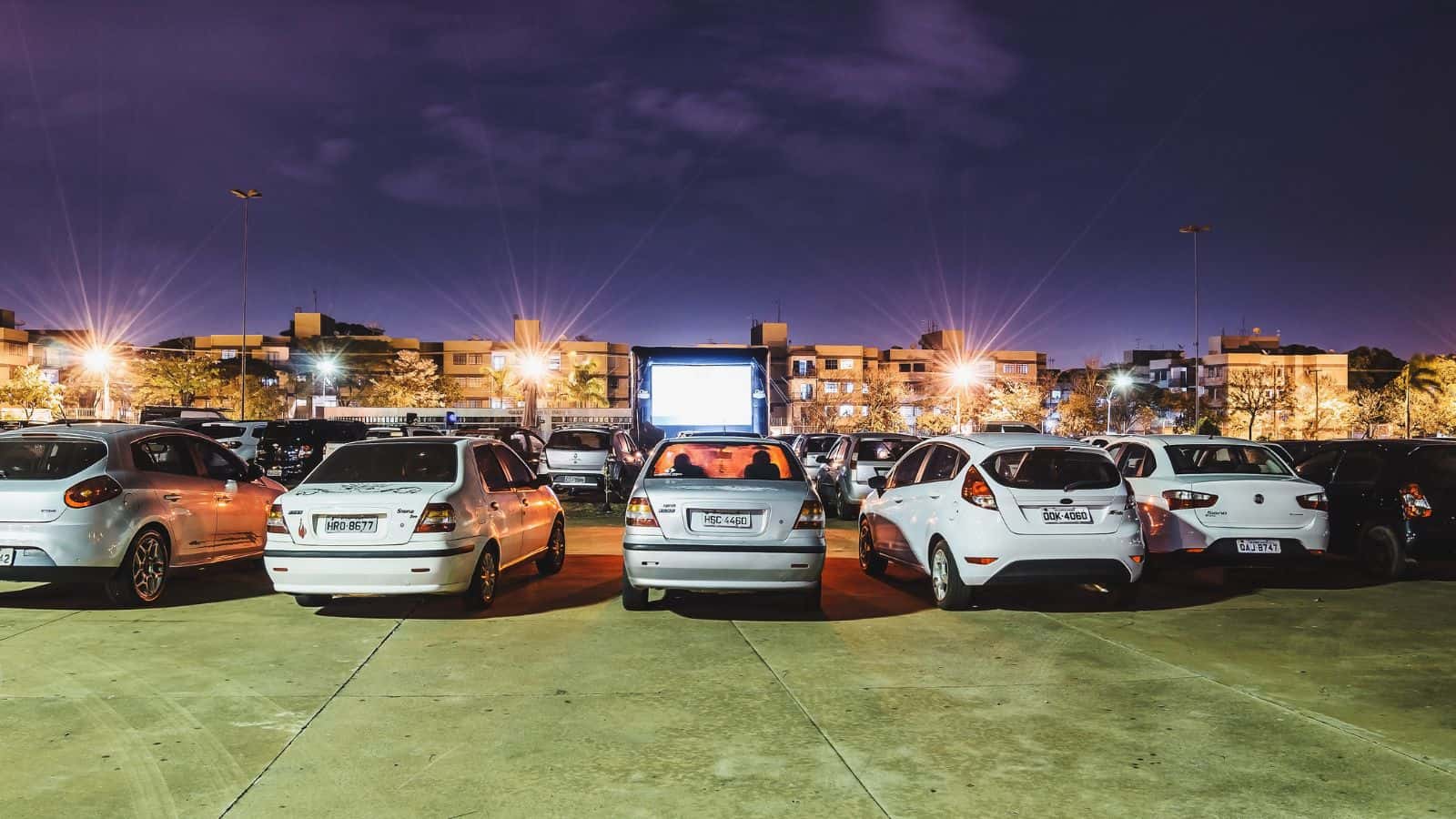
Driver-in theaters were hugely popular from the late 1940s to the 1960s, particularly in rural areas, as a cheaper, car-friendly alternative to indoor cinemas. They’ve declined in recent decades; fewer than 200 remain nationwide today. John Stefanopoulos, a drive-in manager, told Fox Business that “the mall society, where convenience, times, weather and the idea of ‘all-inclusive’ became the popular way to enjoy a night out, push[ed] away the classic night out at the drive-in.”
Department Stores

Large department store chains like Target, J.C. Penney, and Macy’s have been fixtures of American life for decades. However, online retailers like Amazon often offer wider selections than these traditional chains, and younger Americans are becoming more interested in smaller specialty stores.
Paper Maps

Paper maps were essential for travel before GPS became available to the public in the late ’80s and early ’90s. Today, most Americans prefer using digital map systems like Google Maps when traveling, and many younger people have never used paper versions.
Public Payphones
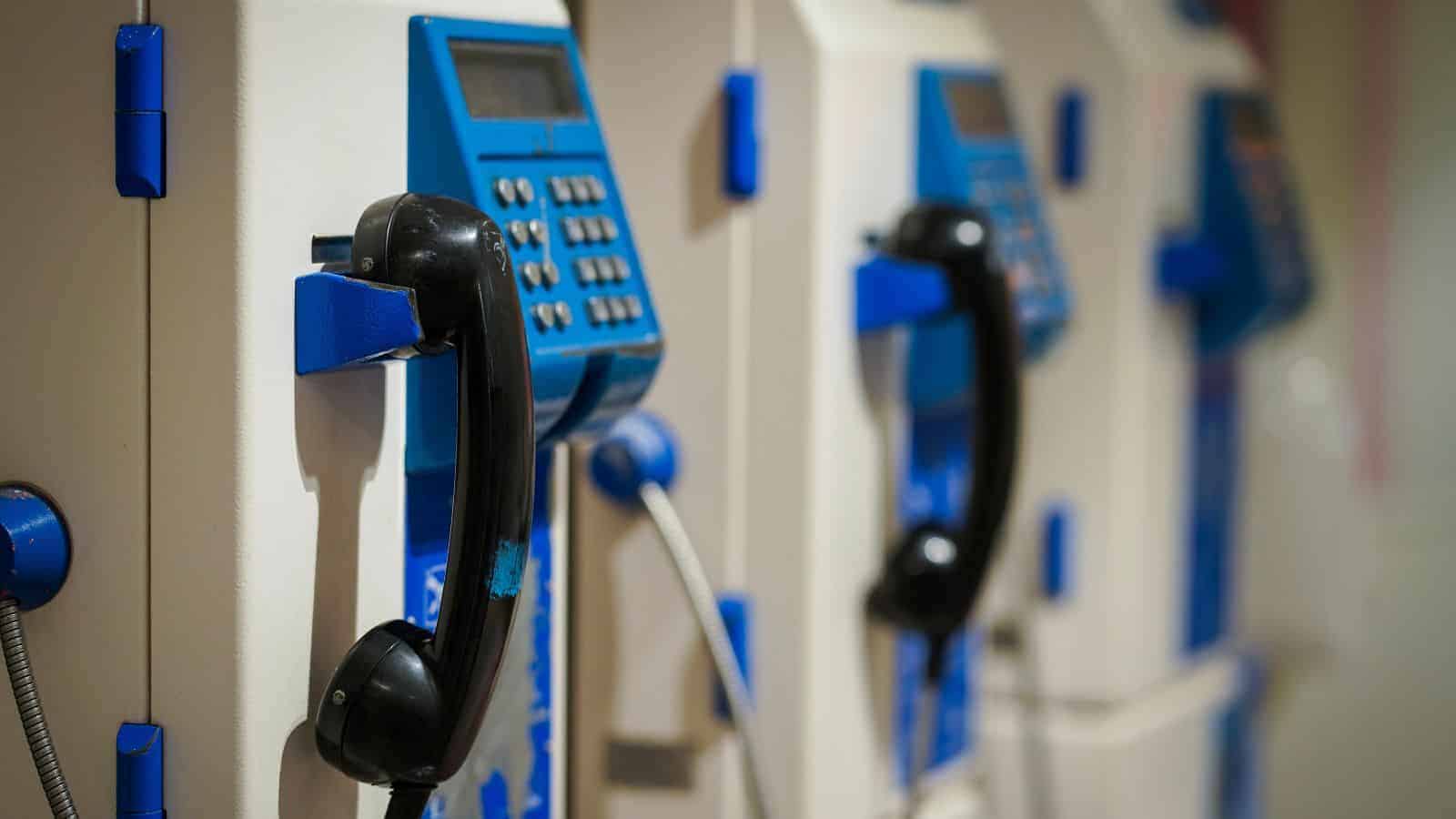
Public payphones were ubiquitous in American towns and cities for decades, allowing people to make calls outside their homes. Today, they’re increasingly rare, made obsolete by the ubiquity of smartphones.
Traditional Newspapers

For decades, millions of Americans bought a physical copy of the New York Times or the Washington Post every week. Over the past decade, many have shifted to getting their news online on social media, websites, and apps, offering instant breaking updates. The Press Gazette reports that the COVID-19 pandemic increased the decline of traditional newspapers and that America’s largest print titles sales fell by 14% in the year to March 2023.
Traditional Alarm Clocks

Alarm clocks woke millions of Americans up for decades, but many have ditched them in recent years. Most use the alarm function on their smartphone to help them with early starts, and sleep tech devices have become immensely popular.
Shopping Malls

The rise of online shopping over the past couple of decades has changed Americans’ preferences. Younger Americans increasingly enjoy shopping and eating in unique shops and restaurants. The State Press argues, “Millennials and Gen Z are leaving behind the one-size-fits-all mentality of earlier generations, perpetuated by generic, cookie-cutter malls.”
Analog Clocks and Watches

Almost all clocks and watches were analog until the 1970s, when Pulsar released a range of LED display timepieces. Younger generations get the time from smartphones and laptops and are increasingly unable to read analog clock faces.
Local Radio Stations
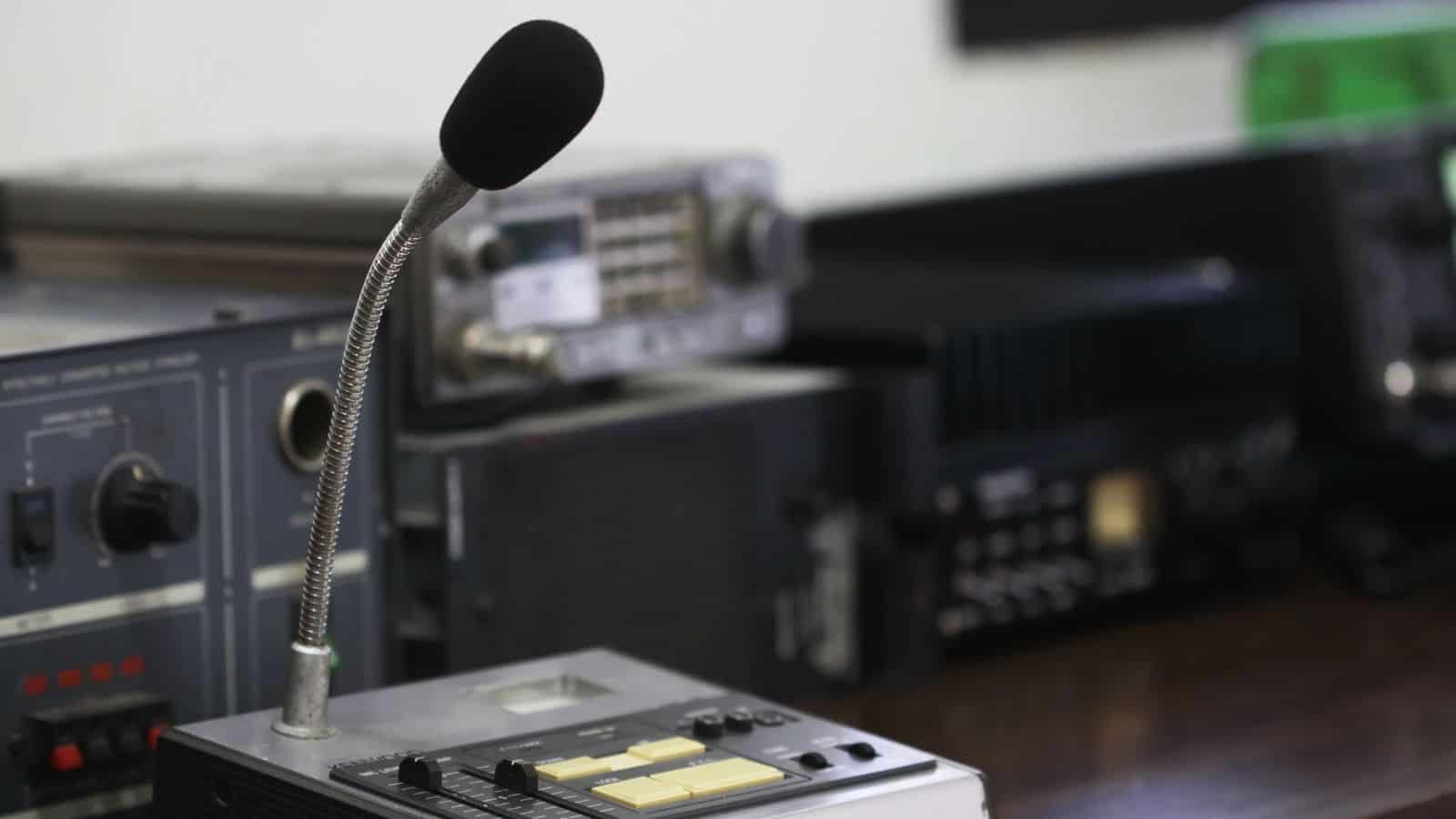
Local radio stations have seen their audiences shrink over the past few years as more Americans listen to podcasts and music playlists on audio streaming services like Spotify. Local news is struggling, and local radio stations may begin to shut down if audiences tune out.
Up Next: 20 Personal Things You Should Never Share With Others

Building meaningful connections with others requires a certain level of transparency and trust, but that doesn’t mean you have to tell your friends and family members everything! Some aspects of our lives are too personal, incriminating, or risky to share. This article explores 20 aspects of your personal life that you should always keep confidential.
20 Personal Things You Should Never Share With Others
18 Things Everyone Forgets to Include in Their Will—But Shouldn’t

Wills and estate plans are essential ways to ensure what will happen to your belongings and property when you die or are incapacitated. However, people often forget to include important information in their wills before it’s too late, complicating matters for their descendants. Here are the 18 common things people forget to include in their will.
18 Things Everyone Forgets to Include in Their Will—But Shouldn’t
18 Items at Walmart that Aren’t Worth Your Hard-Earned Money

For many of us, Walmart is the go-to superstore. Whether we need groceries, clothing, or technology, Walmart is a one-stop shop for everything you would need. However, there are some Walmart products you should avoid at all costs, such as the following 18 examples.
18 ITEMS AT WALMART THAT AREN’T WORTH YOUR HARD-EARNED MONEY
